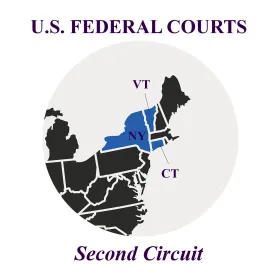On Tuesday, former New York State Assembly Speaker Sheldon Silver received a welcomed victory, albeit partial, in the Government’s long running prosecution accusing him of fraud, extortion and money laundering. In its decision, the Second Circuit further narrowed what constitutes honest services fraud in dealings between lawmakers, lobbyists and constituents.
Silver has been facing a seven year sentence following his 2018 conviction for influence-peddling schemes while he was speaker. The court had previously granted Silver a new trial following the Supreme Court’s decision in McDonnell v. United States. There, the Court overturned the conviction of former Virginia Governor Bob McDonnell by ruling what constituted an “official act” in exchange for a bribe. The Supreme Court made clear that an official act must be a formal exercise of governmental power. Armed with the precedent in McDonnell, Silver’s appeal focused on the connection between a bribe and an official act. Silver argued that prosecutors cannot criminally charge public corruption based on a bribe in exchange for doing official favors “as opportunities arise.”
As the Second Circuit said, “this case provides a useful illustration of that which is bribery and that which is not.” The court explained that bribery prosecutions do not require a common criminal intent or purpose, but the court went on to explain that an official who merely accepts a thing of value in an otherwise-legal manner has not committed a crime. If that official later acts to the benefit of the payor, there is still no crime. But if—and only if—at the time the official accepted the payment, he understood it was in exchange for official influence on some specific matter involving the exercise of an official act, a crime has been committed. In other words, it is not advance identification of the particular act. Instead, the law requires that the official understand the particular question or matter to be influenced.
The case is United States v. Silver, No. 18-2380, 2020 WL 284426, at *29 (2d Cir. Jan. 21, 2020).



 />i
/>i

